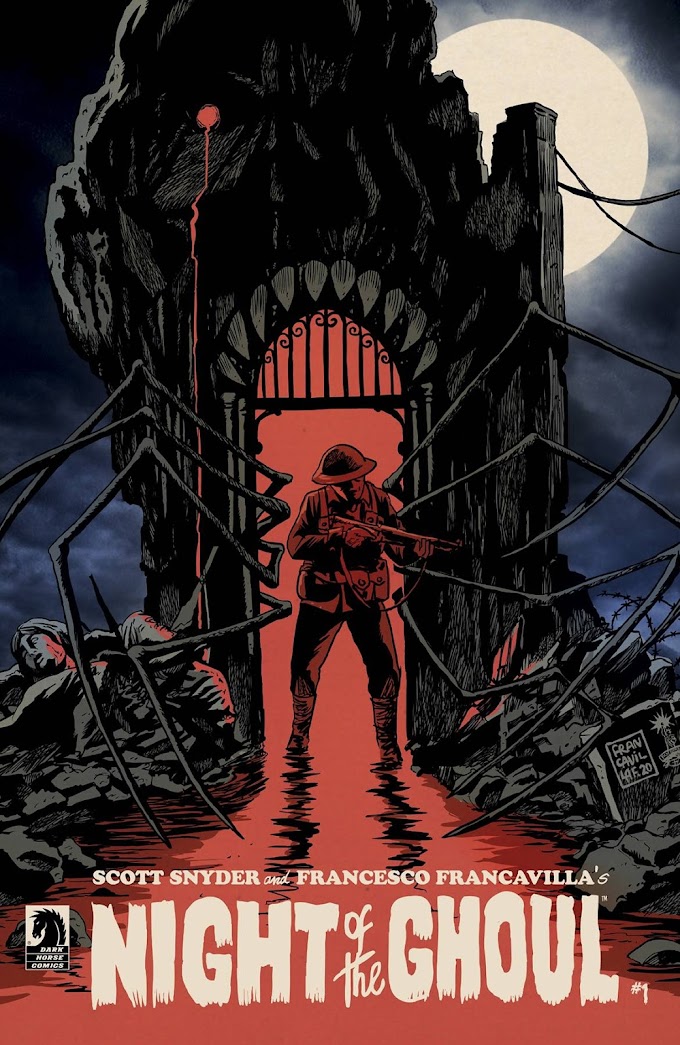Angry Black-White Girl is a long-form essay in which the author discusses what it's like to be a child of a mixed race couple and deal with the awful combination of racism, unhealthy curiosity, and ignorance that make up a lifetime of experience for the author.
Starting by discussing the difficulty of identifying as a person of color while "appearing" white, Nia talks frankly about the issues she's faced in her life, whether it's being "worn down" to call herself mixed instead of Black or the fact that her white co-workers can't stop asking her tone-deaf questions or turning "What's Nia?" into some kind of sickening game.
To make matters worse, Nia's grandmother refused to accept her black father into the family (this I can relate to easily, but for different reasons) and she is also Jewish. Her upbringing appears to be middle-class, which in addition to her skin color, forms another sort of barrier. As she notes, her light-skinned uncle doesn't identify as black because he feels he didn't have the same experience as most black people did.
There's a lot to think about in this zine, both in terms of how we perceive ourselves and how we perceive others, and the struggles that each person has to find their own identity, a theme that registers strongly for me. Nia isn't afraid to be brutally honest--at one point, she talks about a book that makes her wonder why a person of color would want to be in a relationship with a white person--and that is what makes this zine so effective.
Reading the zine will make you want to rage. (Unless you are a clueless white asshole who does these things on a regular basis. Then you might rage, but for the wrong reasons.) I had to stop a certain points because I wanted to punch the people who hurt her. The casual racism Nia has encountered in her life is just so pervasive. When she discusses how an art teacher saw nothing wrong with racist cartoons in her class or the counselor who didn't want to help Nia, but discuss how "wonderful" it was going to be when "everyone is like you" it just cuts like a knife.
I can't imagine what it felt like being trapped in a car with two people casually discussing cultural appropriation or wanting to violate my personal space. Or to have to feel shame because your skin color makes it look like you won the wrong prize.
There are some moments that I can relate to. Because I am white, people will constantly be casually racist around me, until such time as I make it clear I don't agree. But I can only imagine the hurt and pain this causes Nia when she experiences it. (I love the card she reproduces on the back page of the zine.) To this day, being asked about my ancestors drives me crazy. You know why? Because the next person who asks me about my ethnic background that isn't some pure-blooded person going back to the Mayflower or whatever won't be the first--but it'll be pretty damned close. Meanwhile, I am about as Mongrel as they come, and I don't even know who my great-grandfather was.
Conversations about your racial or ethnic background should be something that is discussed among friends. I had a roommate who was African American, but like Nia, passed as white. He told me about it, and we talked a bit. It was a great conversation. But one that I would never have had any right to ever bring up.
Though I try to be as conscious of things as possible as a full-fledged adult, I'm sure that I do things that are still racist. I will admit that I hate the fact that because I am white, I get lumped in with people who I'd never willingly associate with. (This is also true of being generically male.) But the fact is, Nia's experiences with people calling her "interesting" or "fascinating" or mistaking her for Latina or any of the other things mentioned here are probably at the "nice" end of the spectrum for how a plurality of white people act around people of color.
When Nia discusses how she was warned of crime by "black men in hoodies" on campus, we know that's the way most white folks think of crime first--with a face of the Other. When I was in Baltimore and it was like some kind of neo-Klan bullshit as the asshole white brigade turned out to watch the cops chase a black man around the streets, I saw the face White America keeps only for its own.
I can feel outrage, I can do what I can, but I can never feel what Nia does. And I never will. I'm really glad she chose to share her feelings, because I think they're an important reminder that we are not entering a post-racial society in any way.
Nia's main essay ends with a list of things she will not be, including a "safe" person of color or a figure of stereotypes or how she's "interesting."
This is daily life for Nia and many others, whether of mixed race or not.
It's horrible. It's awful. Thinking about it will--and should--make you uncomfortable.
That's exactly why you need to read this zine or similar works. Because the way we treat people who are different from us still has miles go to before it's even close to being better.





![Sweat and Soap [Ase to Sekken] by Kintetsu Yamada](https://blogger.googleusercontent.com/img/b/R29vZ2xl/AVvXsEgMnQltxjWqGS1_duhCp9Er1a0NbALuSFrqvjaV4_PjN_w67xCGghYt-l0qKyqTH7Ei7gbq_mxVq8aPAuOiyaArwAMLJWhpGmOYaARUBnwvjmv2-ZIe20m_zR5CvKnPdI6US_AuOnmi3gSX/w680/57525895-BA7E-4EF8-9FE4-89F9C164E1A4.jpeg)

